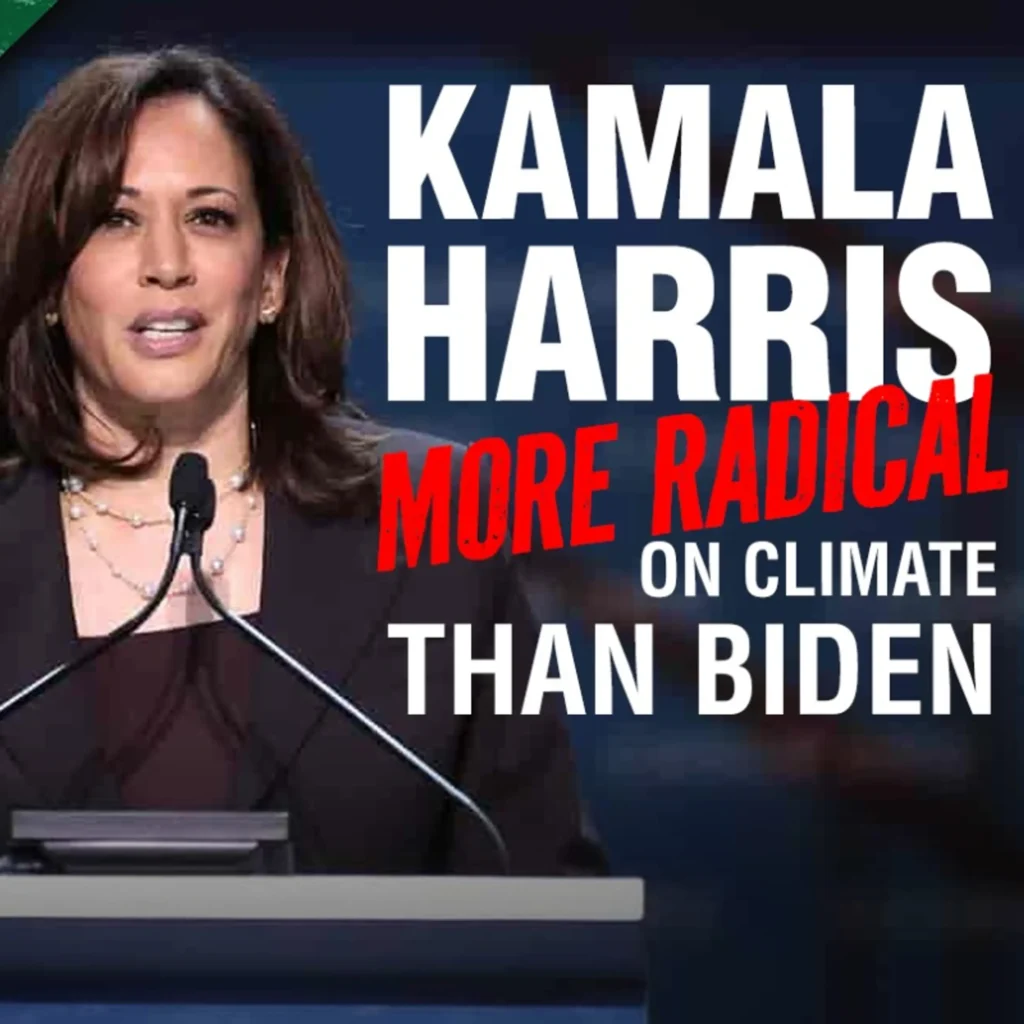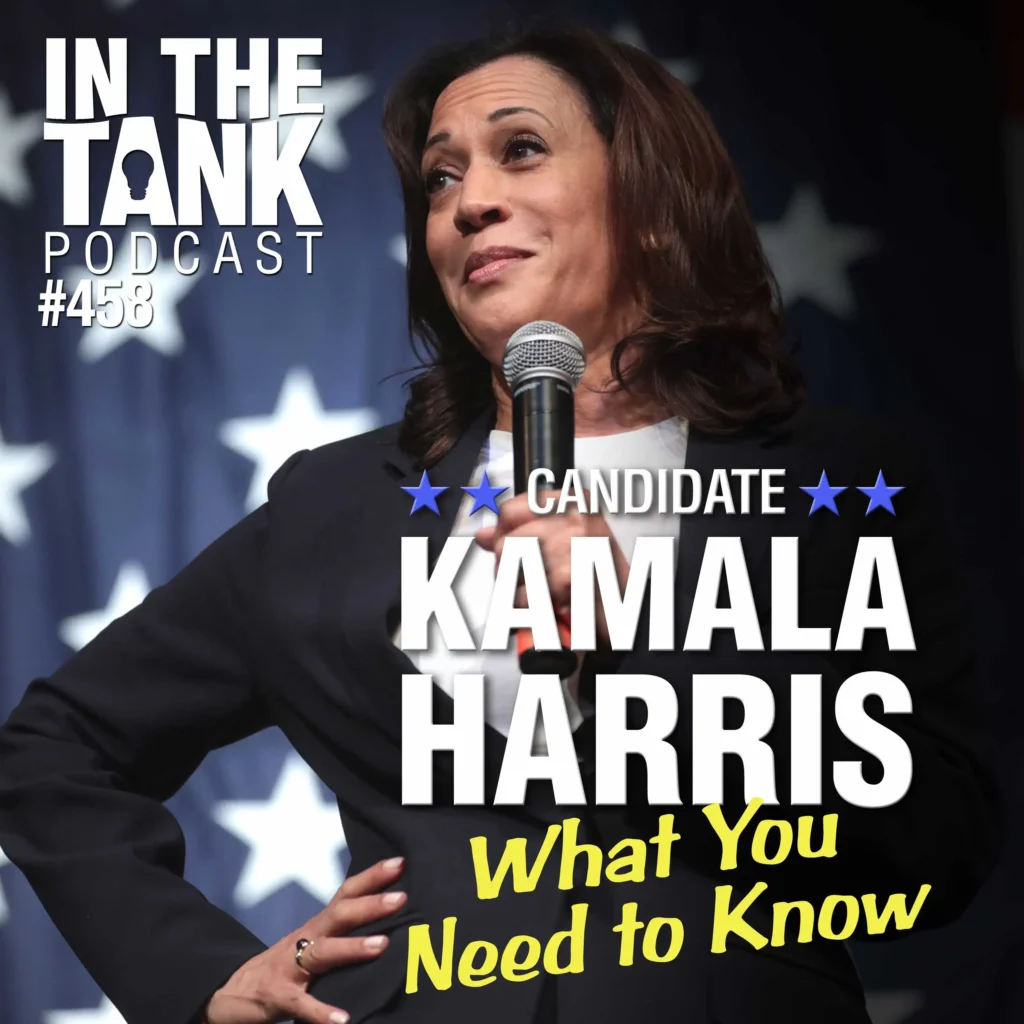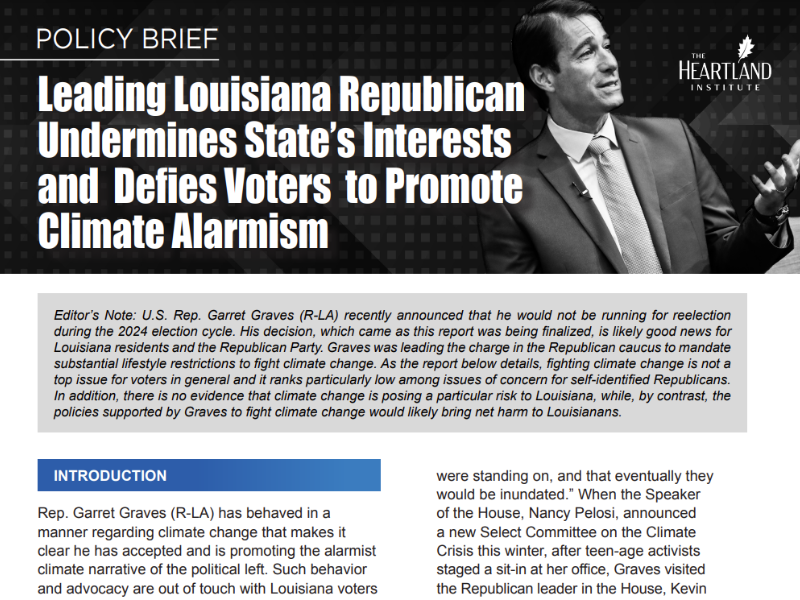Federal Reserve officials have publicly declared their support for inflation to rise for a time beyond its informal 2 percent target—a prospect that economics professor Richard Vedder of Ohio University calls “crazy.”
Vedder says supporters of this policy are either ignorant or “ignoring the history of inflationary policy. The experience of the 1970s is the classic example. When the Fed pumped up the money supply, people’s expectations changed and the policy was defeated.”
‘Harebrained Idea’
Vedder says inflation as a monetary policy does not and cannot work because people’s expectations change. Workers demand higher wages, unions become more militant, and it becomes more expensive to hire workers. This all results in higher interest rates and causes investors to get antsy, bond prices to go up, and the economy to stall.
“Inflation is seldom a good remedy to economic problems and is doubly bad when it is announced,” says Vedder. “When inflation is announced, interest rates will rise immediately. This is about as harebrained an idea as I’ve ever heard. If inflation ever does any good, it is when it catches people off guard and causes them to change their behaviors for a short time. Announcing inflation in advance defeats the only advantage it has.”
Wasting Credibility
J. D. Foster, the Norman B. Ture senior fellow in the economics of fiscal policy at the Heritage Foundation, suggests the Fed is wasting credibility by calling for inflation to be temporarily above 2 percent.
“If they’re worried about deflation, doesn’t it sound out of touch to consider advocating above-target inflation?” he says.
Foster also doubts “quantitative easing” can prevent deflation. Quantitative easing is the term Fed Chairman Bernanke uses to describe his program of throwing more money into the financial system.
“It cannot be assumed absolutely, but central bank dalliances with targeting even modest inflation seem to be a thing of the past, thankfully. The question is, will the Fed act in time? Will the Fed achieve its own objectives? No one knows, but this is a source of uncertainty weighing on financial markets,” he explained.
Built-In Expectations
According to Foster, even if the economy is weak, history suggests nominal wages are adjusted upwards when price levels rise more rapidly than anticipated, though there could be a lag. Part of the difficulty of wringing inflation out of an economy is inflation expectations get built into explicit and implicit contracts. So, after a slight delay a person’s wages will rise to keep pace with inflation.
Now that the Fed appears to have set a course for inflation, what happens next?
“Injecting more money into the system at this point is not going to help the average consumer purchase more if he or she doesn’t have a job. The key in this economy is to encourage more investment and hiring by business,” says Pamela Villarreal, an expert on retirement, Social Security, economic growth, and tax issues with the National Center for Policy Analysis (NCPA).
“While lowering interest rates may provide cheaper access to credit, it will not help the economy until businesses and consumers know what is going to happen with taxes next year and the year after and the year after, etc.,” she says.
Approves ‘Catch-Up Inflation’
Michael Woodford, a professor at Columbia University, told the Financial Times the Fed should make clear it has no plans to tighten policy through increases in the federal funds rate, even if inflation temporarily exceeds the rate regarded as consistent with the Fed’s mandate. In short, the Fed should permit a one-time-only inflation increase, with a plan to control it once the target level of prices has been reached.
He says the Fed should commit to make up for current “inflation shortfalls” due to its inability to cut interest rates.
“Catch-up inflation would simply put prices back on the path they would have followed had the Fed been able to cut interest rates earlier.”
Foreign Exchange Chaos
Meanwhile, Nobel Prize-winning economist Joseph Stiglitz warns against such a policy, saying monetary action would wreak havoc on foreign-exchange markets. He says ultra-loose monetary policies by the Fed and the European Central Bank (ECB) are throwing the world into “chaos” rather than fostering a global economic recovery.
He says a “flood of liquidity” from the Fed and ECB is causing instability in foreign-exchange markets, forcing countries such as Japan and Brazil to defend their exporters, Stiglitz told reporters in a conference at Columbia University.
“The irony is that the Fed is creating all this liquidity with the hope that it will revive the American economy. It’s doing nothing for the American economy, but it’s causing chaos over the rest of the world. It’s a very strange policy that they are pursuing,” said Stiglitz at the conference.
According to Andrew B. Busch, director of global currency and public policy strategist at BMO Capital Markets, the markets were roiled by the Fed’s new tack on quantitative easing:
“While these movements reflect the early market adjustments, they portend a troubling direction for future central bank policy,” Busch says. He fears the Fed’s moves “could resurrect a theory that the Federal Reserve and the U.S. government are embarking upon an inflation-based strategy to alleviate the U.S. debt burden. While this theory may never come to be, the Fed is treading upon a mine-laden path that has never been tiptoed through in this country.”
Kenneth Artz ([email protected]) writes from Dallas, Texas.





